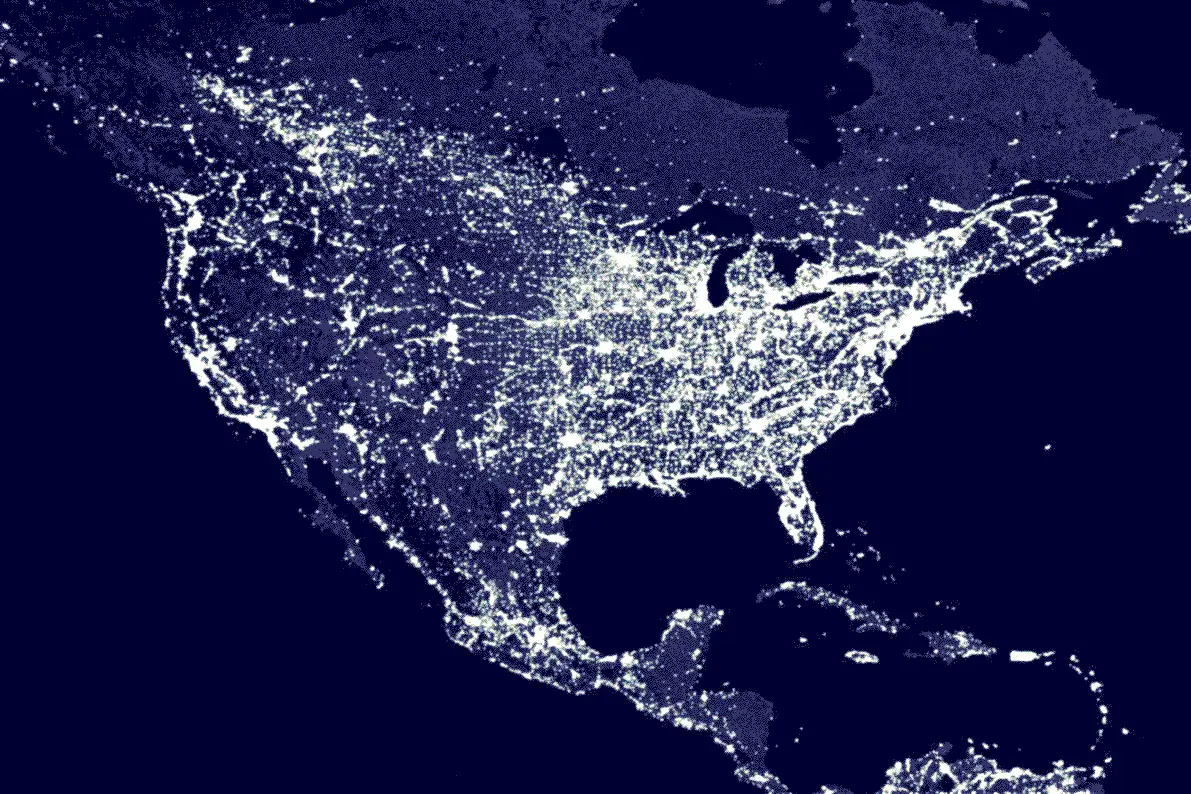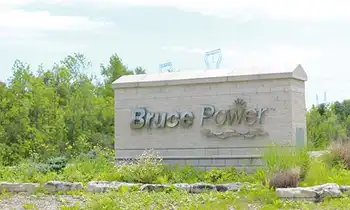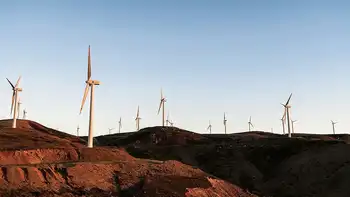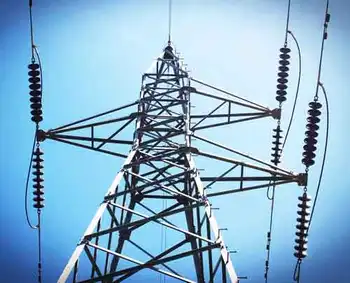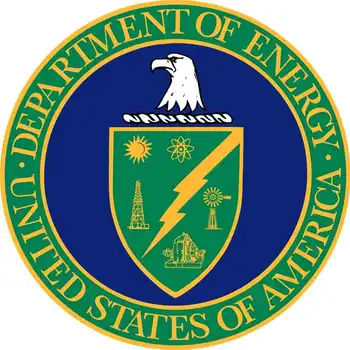Yukon Renewable Energy Funding backs wind turbines, grid-scale battery storage, and transmission line upgrades, cutting diesel dependence, lowering greenhouse gas emissions, and strengthening Yukon Energy's isolated grid for remote communities, local jobs, and future growth.
Key Points
Federal support for Yukon projects adding wind, battery storage, and grid upgrades to cut diesel use and emissions.
✅ Three 100 kW wind turbines will power Destruction Bay.
✅ 8 MW battery storage smooths peaks and reduces diesel.
✅ Mayo-McQuesten 138 kV line upgrade boosts reliability.
Kluane First Nation in Yukon will receive a total of $3.1 million in funding from the federal government to install and operate wind turbines that will help reduce the community’s diesel reliance.
According to a release, the community will integrate three 100-kilowatt turbines in Destruction Bay, Yukon, providing a renewable energy source for their local power grid that will reduce greenhouse gas emissions and create local jobs in the community.
A $2-million investment from Natural Resources Canada came from the Clean Energy for Rural and Remote Communities Program, part of the Government of Canada’s Investing in Canada infrastructure plan, which supports green energy solutions across jurisdictions. Crown-Indigenous Relations’ and Northern Affairs Canada also contributed a $1.1-million investment from the Northern REACHE Program.
Also, the Government of Canada announced more than $39.2 million in funding for two Yukon Energy projects that will increase the reliability of Yukon’s electrical grid, including exploration of a potential connection to the B.C. grid to bolster resiliency, and help build the robust energy system needed to support future growth. The investment comes from the government’s Green Infrastructure Stream (GIS) of the Investing in Canada infrastructure plan.
Project 1: Grid-scale battery storage
The federal government is investing $16.5 million in Yukon Energy’s construction of a new battery storage system in Yukon. Once completed, the 8 MW battery will be the largest grid-connected battery in the North, and one of the largest in Canada, alongside major Ontario battery projects underway.
The new battery is a critical investment in Yukon Energy’s ability to meet growing demands for power and securing Yukon’s energy future. As an isolated grid, one of the largest challenges Yukon Energy faces is meeting peak demands for power during winter months, as electrification grows with EV adoption in the N.W.T. and beyond.
When complete, the new system will store excess electricity generated during off-peak periods, complementing emerging vehicle-to-grid integration approaches, and provide Yukoners with access to more power during peak periods. This new energy storage system will create a more reliable power supply and help reduce the territory’s reliance on diesel fuel. Over the 20-year life of project, the new battery is expected to reduce carbon emissions in Yukon by more than 20,000 tonnes.
A location for the new battery energy storage system has not been identified. Yukon Energy will begin permitting of the project in 2020 with construction targeted to be complete by mid-2023.
Project 2: Replacing and upgrading the Mayo to McQuesten Transmission Line
Yukon Energy has received $22.7 million in federal funding to proceed with Stage 1 of the Stewart to Keno City Transmission Project – replacing and upgrading the 65 year-old transmission line between Mayo and McQuesten. The project also includes the addition of system protection equipment at the Stewart Crossing South substation. The Yukon government, through the Yukon Development Corporation, has already provided $3.5 million towards planning for the project.
Replacing the Mayo to McQuesten transmission line is critical to Yukon Energy’s ability to deliver safe and reliable electricity to customers in the Mayo and Keno regions, mirroring broader regional transmission initiatives that enhance grid resilience, and to support economic growth in Yukon. The transmission line has reached end-of-life and become increasingly unreliable for customers in the area.
The First Nation of Na-Cho Nyak Dun has expressed their support of this project. The project has also been approved by the Yukon Environmental and Socio-Economic Assessment Board.
Yukon Energy will begin replacing and upgrading the 31 km transmission line between Mayo and McQuesten in 2020. Construction is expected to be complete in late 2020. When finished, the new 138 kV transmission line will provide more reliable electricity to customers in the Mayo and Keno regions and be equipped to support industrial growth and development in the area, including the Victoria Gold Mine, with renewable power from the Yukon grid.
Planning work for the remainder of the Stewart to Keno City Transmission Project has been completed. Yukon Energy continues to explore funding opportunities that are needed to proceed with other stages of the project.
Related News






